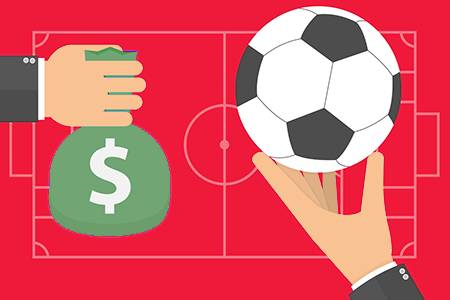The concept of fixed games, or match-fixing, has long been a concern in the world of sports. As we move into 2024, the question arises: do fixed games still exist? The answer is nuanced and multifaceted.
Match-fixing refers to the manipulation of the outcome of a game for financial gain, often involving players, coaches, referees, and organized crime syndicates. Despite advancements in technology, regulations, and monitoring systems, the practice persists. Several factors contribute to its continued existence.
The rise of online betting has made it easier for individuals to place wagers on games, creating opportunities for manipulation. The accessibility of betting platforms allows for rapid transactions and anonymity, making it difficult for authorities to trace illicit activities. In regions where gambling is unregulated or poorly monitored, the risk of match-fixing increases significantly.
Economic pressures on athletes and officials can lead to susceptibility to corruption. In many sports, particularly in lower leagues or less prominent competitions, players may face financial hardships. The allure of quick money from fixing a match can be tempting, especially when salaries are low or inconsistent. This vulnerability can create an environment ripe for exploitation by those looking to profit from fixed outcomes.
Organized crime remains a significant player in the world of match-fixing. Criminal organizations often infiltrate sports to manipulate outcomes for gambling purposes. Their resources and networks can be extensive, making it challenging for law enforcement to combat these activities effectively.
It's important to note that many sports organizations are actively working to combat match-fixing. Initiatives such as increased surveillance, collaboration with law enforcement agencies, and educational programs for athletes are being implemented to deter corruption. Additionally, advancements in data analytics allow for the identification of unusual betting patterns that may indicate fixing.
International bodies like FIFA and UEFA have established strict regulations and disciplinary measures against those found guilty of match-fixing. These efforts demonstrate a commitment to maintaining the integrity of sports.
While match-fixing remains a concern in 2024, ongoing efforts by sports organizations and law enforcement are crucial in addressing the issue. The battle against fixed games is ongoing, requiring vigilance and cooperation from all stakeholders involved in sports. As technology evolves and new challenges arise, the fight for integrity in sports will continue to be a pressing issue.




No comments yet
Be the first to share your thoughts!